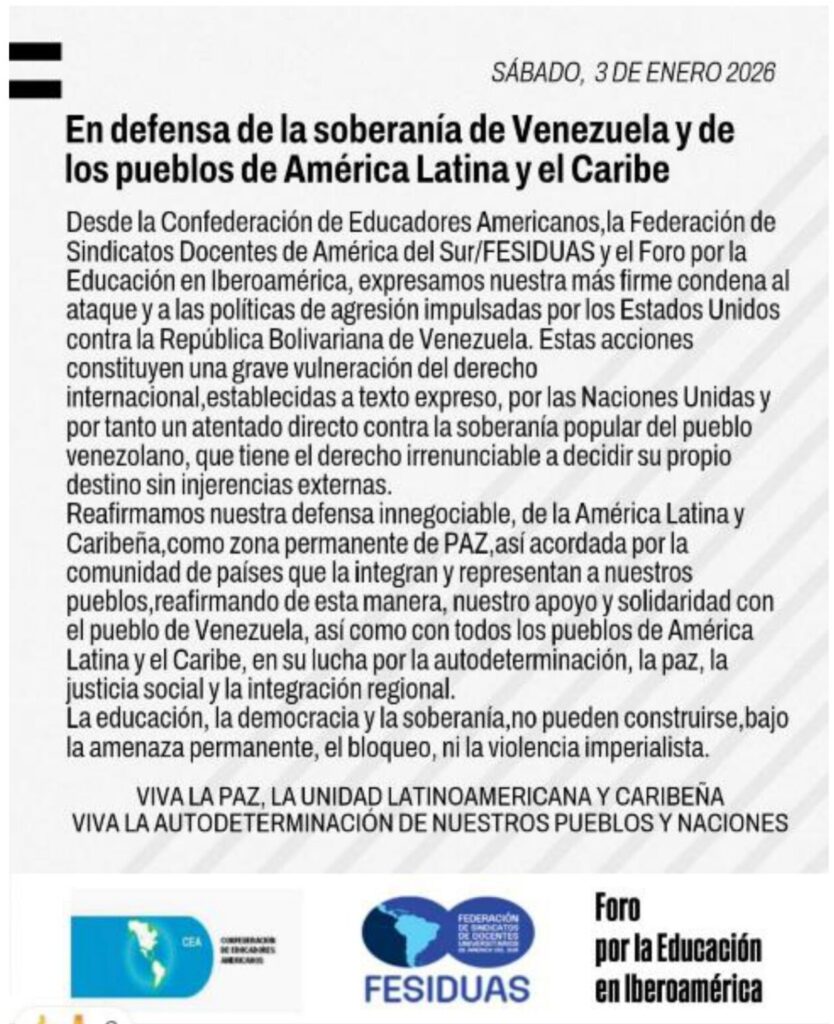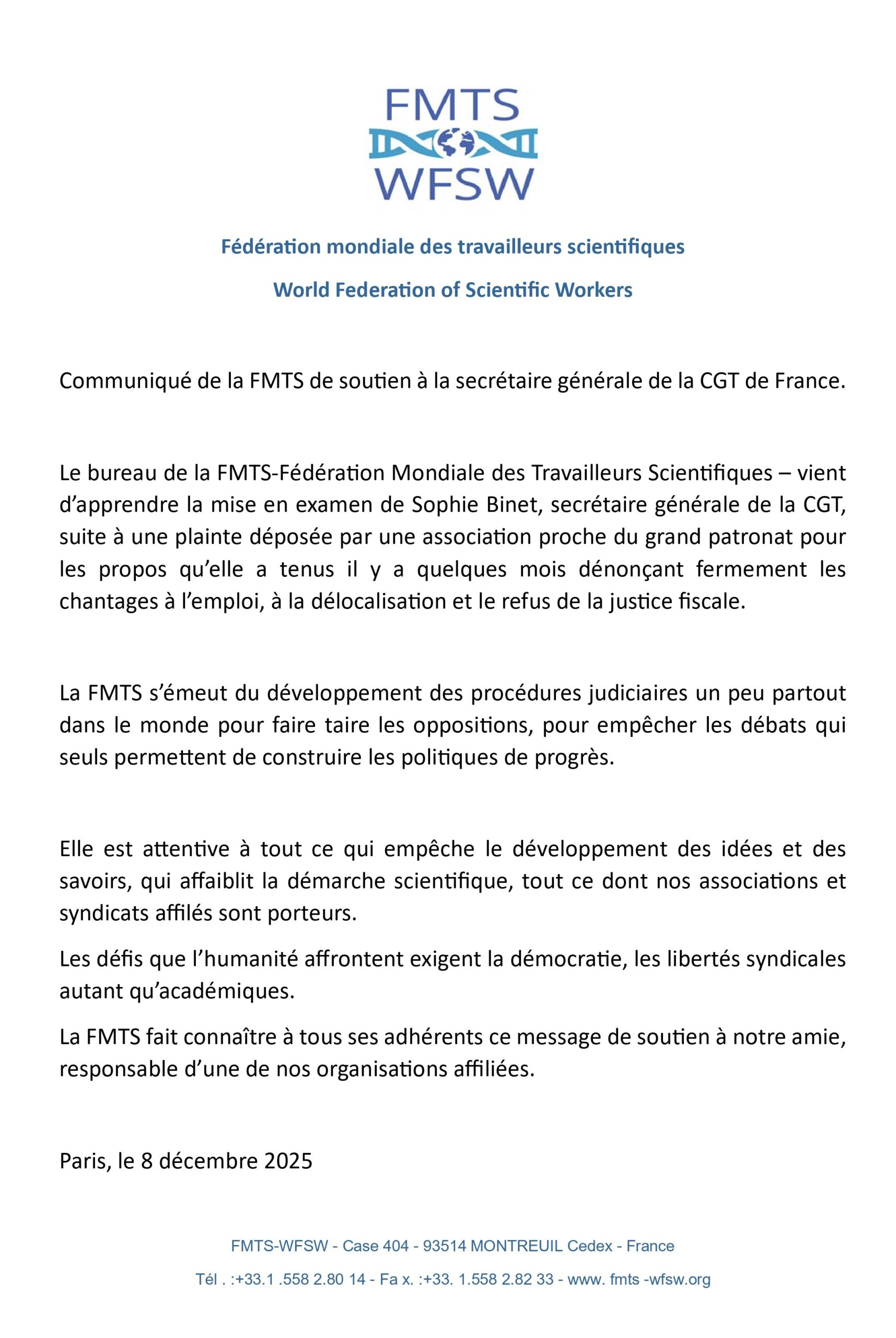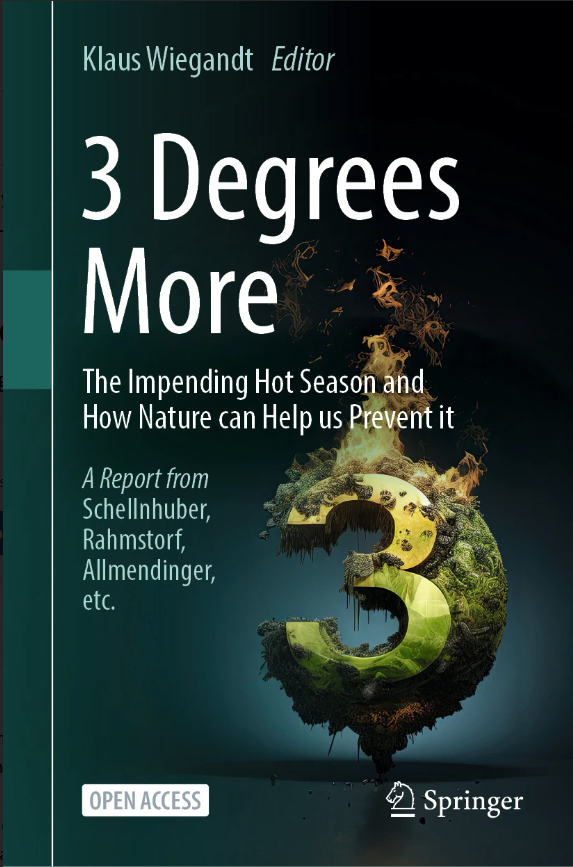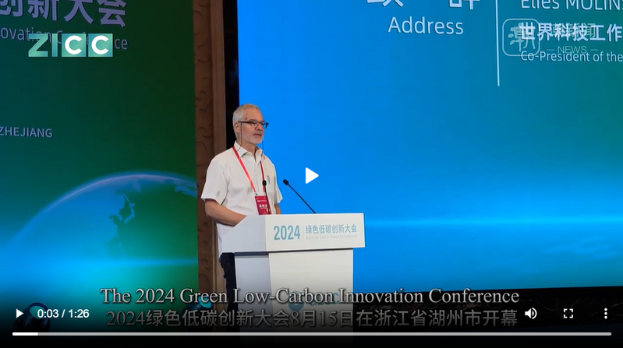Apple of Neswizh
By Vyacheslav Vdovin
Vice-President of WFSW
In September 2016 that happened to be a month of apple plenty (and the history of apples has long been interwoven with the history of science and knowledge, as we see in the Biblical story of the fall or the anecdote about Isaac Newton), the capital city of Belarus hosted the regular 86th meeting of the Executive Council of the World Federation of Scientific Workers.
The WFSW event proved as fruitful as the September orchards. The organisation founded 60 years ago following the initiative of a group of forward-looking scientists including those from the Soviet Union, headed by its first president Nobel Prize winner J. F. Joliot-Curie, tried its best to confront the tendencies of the Cold War and keep it confined to its cold phase without growing into a hot one. At times, this group became the last remaining link between nations, when the politicians rendered all international contacts as good as impossible with their aggravated rhetoric. The present-day challenges before humanity, such as the new turn of the armament race, are also subject to the WFSW scrutiny.
To our deep regret, representatives of both Americas, North, from the USA and Canada, and South, from Argentina, who had contributed so much to the previous meetings, were unable to come to the Minsk gathering for a diversity of reasons. However, the majority of the member organisations of Europe, Asia, and Africa were present to make their contributions.
Before the official opening, the Executive Council approved some new members to the Federation; apart from one European organisation (a union of university professors and scientists from Catalonia), there were applications from Mexico and Cuba. In addition, the Board agreed to hold the next meeting in Dakar in December 2017.
Belarusians in WFSW
Belarus was not independently represented in the Federation until very recently: a Belarusian application was approved during the WFSW 20th General Assembly in 2013 in Russia, and this year they acted as the hosts of the Executive Council already. The meeting was opened by the Chairman of the National Academy of Sciences of Belarus Presidium, V. G. Gusakov. Among those present there were also other principals of the NASB, namely the NASB First Vice Chairman S. A. Chizhik, Head Academic Secretary A. V. Kilchevski, members of the Academy, and heads of the NASB Board of Young Scientists and NASB Union. The participation of the Russian party was also important: the RAS and NASB Presidia not just enabled the participation of outstanding scientists in this meeting, but they also made a liberal donation so that the event could take place. The RAS President V. Ye. Frolov took the charge of monitoring the event and addressed his greetings to the members. The two academies and the National Gild of Translators united their efforts to address the eternal issue of the synchronous translation and successfully resolved it. From the beginning, the Federation has had two official languages, English and French. This time, the interpreters first translated everything that was said into Russian and then into English and French, Russian thus becoming virtually a third official language of the Federation.
Alternative Energy Symposium
The main presenters for the Alternative Energy Symposium were the Belarusian scientists and the Russian guests. The Russian part of the presentations was preceded by a short video address dedicated to the role of solar energy by the Nobel-prize winner Academician J. I. Alfiorov. In his speech Alfiorov comes to the conclusion that there is no way to circumnavigate solar and first of all photovoltaic sources of energy, and it is the matter of the nearest future when fossil fuel will have to quit the stage. The views expressed by J. I. Alfiorov were then supported by the presentations of the scientists from the Ioffe Institute (V. Andreev’s group) which evoked great interest of both the members of the symposium and the Belarusian guest scientists and experts who intentionally came to hear that session (the session was open to the public). The Ioffe scientists presented the latest and most impressive results in the sphere of photovoltaic energy including the space applications (where there is simply no other solution possible). They were speaking about solar batteries of 40 per cent efficiency, the payback period expected to be only one year, and solar energy going dramatically cheaper. All these are becoming a reality, which leaves one very few reasons for doubting the vision in Alfiorov’s presentation.
The author of these lines made a presentation on the significant example of the first country ever which was able to turn to making 100 per cent of its electrical energy exclusively out of the renewable sources. Tiny Costa Rica did not burn as much as one gramme of oil in 2015 to make its electricity. However, this country makes an extensive use of hydroelectric power plants, and this fact brought about a somewhat hot discussion among the gathering. A member from Portugal stressed the point that hydropower may be a renewable source, but whether is is environmentally friendly or not would depend on a number of conditions, since the ecological impact of a hydroelectric plant could be much more disastrous than that caused by burning coals or oil.
A. G. Trifonov, Vice Director of the NASB Unified Institute for Energy and Nuclear Research also said during his presentation that any human activity is environmentally hazardous and that this also concerns concentrated sources of energy. He presented the risk evaluation of use of different energy sources done by Belarusian scientists. Even solar energy is not hazard-free as the manufacture of the photovoltaic batteries bears a serious environmental impact. All human activities starting from the moment when the caveman lit his first fire have always been a threat to the environment, and scientists should evaluate these threats in a sober detached manner and suggest steps to be taken to minimise those risks.
Saving energy is another efficient way of minimising risks. Certainly, as the members from the African Continent would say, struggle for saving must not deprive countries or people from certain social strata of normal civilised standards of energy consumption. S. A. Levchenko, another participant from Belarus, the head of the Laboratory at the Lykov Institute of Heat and Mass Exchange under NASB, presented an efficient concept of energy saving through the use of smart networks, smart houses, etc. Mr Levchenko has been collaborating in this field with his colleagues from Western Europe, and they have come up with the zero consumption concept: with the help of high-efficiency photovoltaic systems, direct solar heating, heat pipes and efficient storage batteries all integrated into a smart house system, one can abandon the use of the mains altogether.
Climate Symposium
The previous 85th meeting of the Executive Council in Barcelona also concerned problems of energy, and the Minsk gathering developed the subject from the point of view of the impact on the global climate brought about by human activity. The members from Europe, France in particular, talked enthusiastically of the results of the recent COP21 summit in Paris wherein a new document to replace the old Kyoto Protocol was suggested and signed by 196 countries. V. F. Loginov of NASB made a brilliant presentation on the subject of the global climate change and the future of the new Paris Protocol. The academician doubted that the new protocol would prove more efficient than the Kyoto Protocol as the cause-and-effect connections between the human activities and the global climate change are not expressly obvious.
Divisional Manager A. P. Tchaikovsky of the Stepanov Institute of Physics under NASB made another presentation on climate monitoring. He informed the gathering that the number of weather stations around the Earth had downed by about three over the last decade, and this might result not only in the loss of accuracy and of some details of the climatic jigsaw puzzle, but also to a probable systematic error, similar to the discrepancy of half a degree between the British and American global data. The error may arise due to the fact that the urban weather stations remain but ceased to be in remote and uninhabited places. The temperature reading in the urban area will always be higher than in the surroundings, as is generally known, and the overall result, due to the low percentage of the number of weather stations in non-urban areas will consequently be higher than it actually is.
The Correspondent Member of RAS O. N. Solomina (see the photo above) made a presentation on glaciers to show that science is able to analyse not just the recent dramatic events, but also look into their past. The glaciers can tell the story of the climate both current and historical, while playing the role of one of the major heat-balancing forces in the world climate thanks to vast areas of their light-reflecting surfaces.
The castle of Nesvizh
Agenda of the Executive Council
The following two days of the meeting were dedicated to the organisational procedures of WFSW and activities of the topical working groups. The members heard, discussed and approved the accounting reports of WFSW President Professor J.-P. Lainé and Treasurer P. Janot.
Financing was one of the difficult topics. Unfortunately, not all members pay their membership fees fully and on time, due to which the Federation faces some problems. Purpose-oriented contributions adopted by the Executive Council for the time being as a mitigation measure aroused some protest among those member organisations who cannot dispose of significant cash assets; they accused the Executive Council of being undemocratic.
For this part of the meeting the hosts were less active than in the scientific symposia. V. Kitikov made a presentation about NASB Union of which he is the Chairman, but the hosts mainly did what was needed to keep the meeting going. The hosts has to face some difficulties resulting from differences in financial, taxation, and visa regulations in different countries, but they overcame them all. Thanks to our hosts, the event ran smoothly.
Working groups
The Russian participants managed to contribute to the proceedings of all the three working groups having taken place in Minsk. The Executive Council passed the decision to upload the proceedings to the WFSW website to enable the discussion among the member organisations in order to perfect them to their final version and approve at the next meeting of the international secretariat. Below are the short summaries of the group discussions.
Disarmament Group
The Japanese representative S. Yaasa made a detailed presentation of the anti-war movement in Japan, the main activity of which is for clear reasons is the anti-nuclear activism. Remembering Hiroshima and straight after the Fukushima disaster, the Japanese have now acquired a strong anti-nuclear stance and are fighting for the total abandonment of nuclear power worldwide meaning not only weapons, but also nuclear power stations. The movement is hoping to promote the total ban on and shutdown of all nuclear power stations at least in Japan. WFSW does not share this radical approach, even finding the concern of the Japanese colleagues deserving some sympathy. The Federation calls for careful and competent handling of nuclear power to minimise all possible risks recalling that nuclear power is one of the safest energy sources. The gathering also noted that the terrorist hazard added to the nuclear-related concerns. Professor F. Corvallho from Portugal presented a concept analysis of new types of weapons such as high-precision and robotised ones describing the present-day condition and risks of such projects.
Disarmament Working Group against a collection of mediaeval weapons
Climate and Resources Group
The activity of this working group continued the brainstorm which had taken place during the symposium the day before. The basic decisions were as follows: it is necessary to support the by all means the agreements of the Paris summit and softly promote the ideas of green energy, minimising at the same time the human impact on the global climate and maximizing the responsibility of businesses for environmental issues, etc.
Group for Working Conditions of Researchers
Among the diversity of the factors influencing the work efficiency of researchers, the key topic chosen for the working group was insecurity of the researchers’ employment. In the western countries only a small number of scientists have constant jobs, and it has been so for a while.
The overwhelming majority of scientists, especially young ones, are searching for a temporary job or grant; no sooner has a body found a job than they start thinking what they will be doing in three years.
No doubt that a harsh competition like this has its advantages. The researchers are becoming more active; being afraid to lose their job, people work harder and with greater commitment. Frequent changes of jobs and themes broaden the people’s outlook. Such are the pluses, and that will be all. Minuses prevail. There is no time for a quiet and concentrated contemplation needed for solving sophisticated scientific problems because all time one has is spent on writing application letters and accounts for grant-giving bodies and slicing papers for raising one’s number of publications while making arrangements with the colleagues for rocketing one’s citation ratio. The notion of scientific school has practically ceased to exist in the countries of the West. When the head scientist leaves, the laboratory as a rule will be liquidated, the people are fleeing in search of new positions, and the hardware is given away for a miserable or no price to different teams who might be interested.
Our colleagues from Europe and the USA believe that this state of things is ruining science. This is why December 15 of this year has been made the World Day Against Scientific Precariousness. All member orgisations are invited to take part in this event. There is a forum started on the WFSW site http://fmtsWFSWw.org/issues/young-scientists/callfor-a-world-day-against-scientistsprecariousness/ where everyone can say a word on what they do and think regarding this painful problem.
As for Russian participants, they fully support this initiative. Until recently, Russian officials thought the western example quite attractive and tried their best to implement competitive bidding to finance the greater part of scientific activities, make most jobs temporary and run them by the so-called efficient contract. This previous Minister of Education and Science only started to implement this method and it has not been about long enough to lead to any significant consequences. We do hope that the present Minister will freeze the trend. We are all for some flexibility and grants; however, one needs a reasonable ratio between the stable and variable components of job payment like 70 to 30, possibly with some flexibility for different spheres of scientific activities.
Results
The Executive Council approved the presentations made by the moderators of the working groups and suggested that the presentations should be edited, distributed to all parties concerned, and published on the WFSW website. When drawing the line to the meeting of the Executive Council, J.-P. Lainé thanked heartily all the participants, the National Academy of Sciences of Belarus and its Union and Board of Young Scientists for hosting and running the event.
I would like to thank Andrei Ivanets, Alexander Kilchevski and their assistants who bore all the hardships of the organisation, and also the bodies who provided the financial help to the event: the National Academy of Sciences of Belarus, Russian Academy of Sciences and la Confédération générale du travail.
Towards the end, the WFSW President announced the plans for the future: Dakar will host two subsequent meetings of the Executive Council, the 87th, on the day before the 21st General Assembly, and the 88th to take place straight afterwards, where there will be the newly elected leadership of the Federation.
Minsk at night
Thanks to my participation in the meeting I found myself in Belarus and particularly its capital for a first time over seven years. I never felt abroad in Minsk, but this time I have found that the city has changed, mostly for the better. The city has become richer and lighter, the cars are practically the same as you find in Moscow or Europe, and the price of living is pleasantly low. But there are also some disturbing symptoms. People in the streets have become harsher. By what our tour guide was telling us about the Second World War, I concluded that the views of Belarusians on this subject changed from the outlook which Russians and Belarusians used to share.
During that night-time walk around Minsk we found out what another source of the country’s wealth was: in addition to the industries and agriculture, there is a plenty of casinos. But Belarusians assured us that this was only a way of draining crazy Russians, who came to Belarus to go on gambling sprees, of their unearned wealth. The natives, as they say, do not overindulge in that kind of fun: if someone develops symptoms of compulsive gambling, the family will inform a special agency, and the doors of all casinos will close before the addict. There is no mucking about law in Belarus: risks are too high. There are no homeless – clochards, as our French colleagues would call them – and have not been for some time. But street traders little by little are occupying Minsk. Not far from the Academy of Sciences, every day we saw a group of people selling flowers and food, among whom there was a rather conspicuous, racy elderly chap selling apples at a price of 1 Belarusian rouble (which is approximately a half dollar after the July denomination) for a paper bag holding 3 or 4 kilograms of fruit.
Nesvizh and Mir
Apart from the night-time walk about the city, the hosts arranged for us a trip to the country when the meeting was over. We visited two historical castles recently renovated to be a tourist attraction, in village Mir and town Nesvizh. Our trip turned out to be not a bad illustration to the subjects of all the three working groups. As we were leaving the capital, we saw the chimneys of the Minsk Heat Power Plant all smoking hard to provide energy for the megalopolis. It is obvious that even switching from oil to gas would be beneficial for the environment; as for the environmentally-friendly energy sources, with such energy demands as in Minsk, it would be naïve to expect that they would replace fossil fuels in as long a run as even twenty years.
The members of the Disarmament Group took heed to take a photo against a collection of mediaeval weapons in the Mir Castle (see the picture above). These crude arms started the armament race, and there is little hope that the process of perfecting killing tools would stop in some years or even decades. But constant dropping wears away a stone; hopefully, the tender power of science will eventually break the hard but brittle sword of war.
When our informative tour came to its end and we were waiting for the bus by the road, the owner of the nearby orchard came out to us and treated us to some of his apples. This was very pleasant. We will never forget the taste of the apples of Nesvizh.




